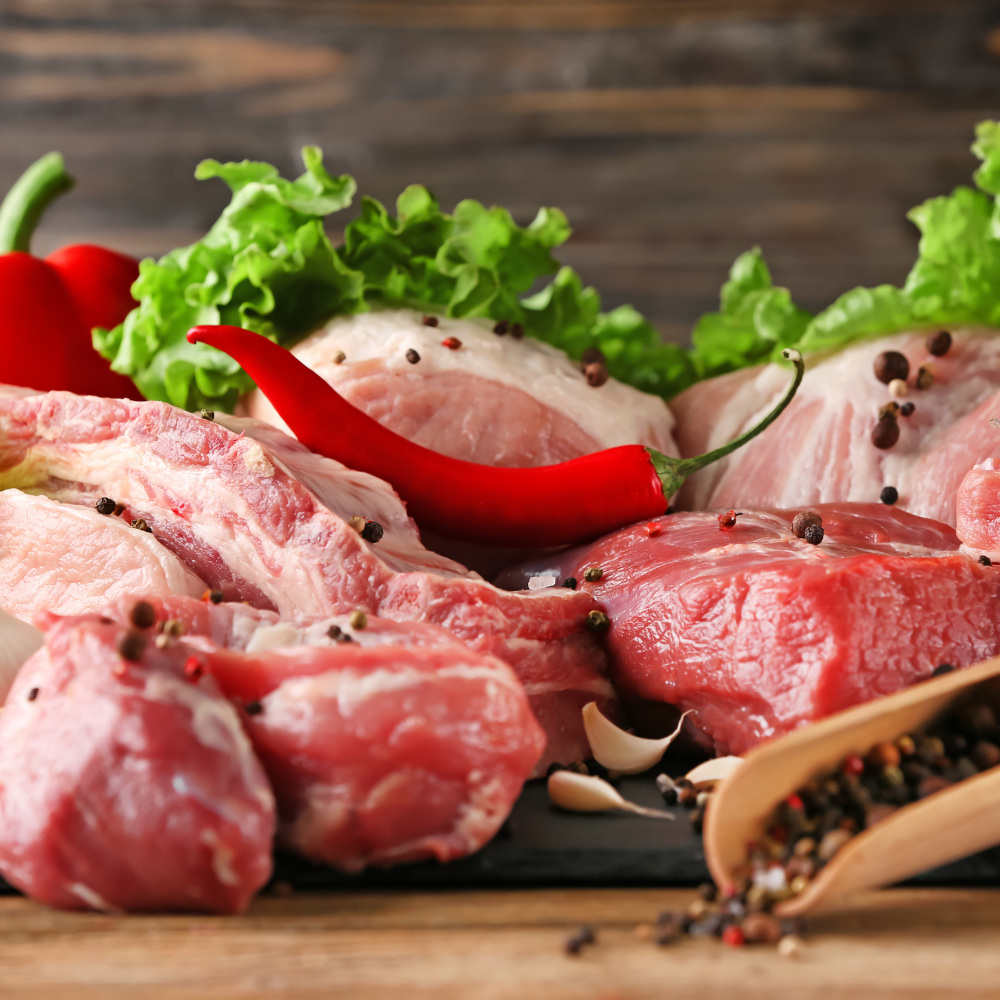Tyson Foods shutting Kansas meat plant, 800 workers job loss
Tyson Foods, a leading U.S. meat processor, announced plans to permanently close its meat plant in Emporia, Kansas. The closure will result in the loss of over 800 jobs, a significant blow to the local economy.
A Strategic Move Amidst Industry Challenges
The decision to shutter the Emporia plant is part of Tyson Foods’ broader strategy to optimize its operations and adapt to changing market conditions. The company cited a decline in beef production and a need to streamline its operations as the primary reasons for the closure.
The beef industry has been grappling with a persistent shortage of cattle, which has driven up costs for processors like Tyson Foods. The company has been forced to make tough decisions, including plant closures and layoffs, to remain competitive.
Impact on the Community
The closure of the Emporia plant will have a significant impact on the local economy. The loss of over 800 jobs will not only affect the workers directly but also have ripple effects on local businesses and the community as a whole.
Local officials and community leaders have expressed concern about the economic consequences of the plant closure. They are working to mitigate the impact on affected workers by providing job training, retraining programs, and assistance with unemployment benefits.
Tyson Foods’ Commitment to Workers
Tyson Foods has stated its commitment to supporting its employees during this transition. The company plans to offer severance packages, outplacement services, and job placement assistance to affected workers. Additionally, the company will work with local organizations to provide resources and support to the community.
Industry-Wide Challenges
The challenges facing Tyson Foods are not unique to the company. The entire meat processing industry has been grappling with various issues, including rising labor costs, supply chain disruptions, and increased competition from alternative protein sources.
As the industry continues to evolve, companies will need to adapt to changing consumer preferences and market dynamics. This may involve investments in technology, automation, and sustainable practices.
A Pivotal Moment for the Meat Industry
The closure of the Emporia plant marks a significant moment for the meat industry. It highlights the challenges facing traditional meat processors and the need for innovation and adaptation. As consumer demand for meat continues to grow, the industry will need to find ways to increase production while reducing its environmental impact.
Ultimately, the future of the meat industry will depend on its ability to balance economic sustainability with social and environmental responsibility.










